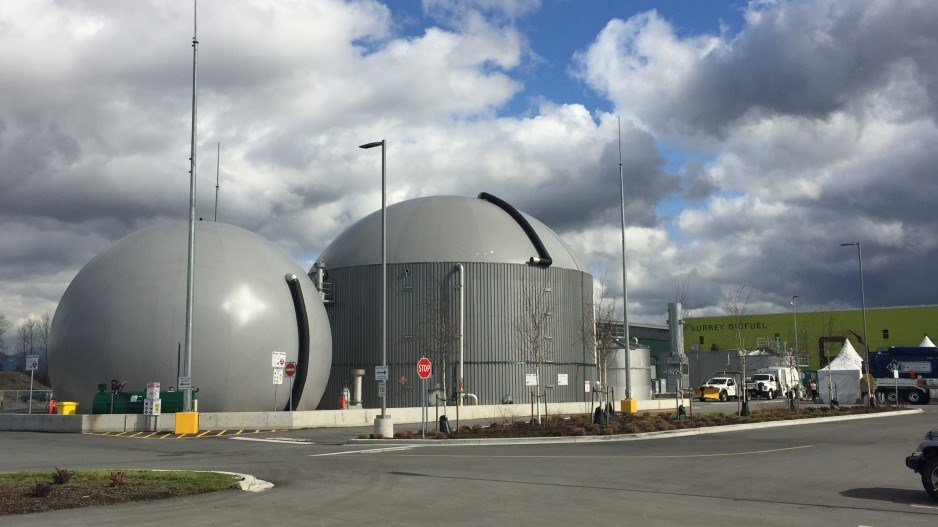As an energy provider of both gas and electricity, FortisBC knows firsthand how British Columbia benefits from a diversified system that supplies families and businesses with reliable, affordable and increasingly clean energy.
Thanks to B.C.’s legacy hydro electric assets, the province is in an enviable position in the context of the Government of Canada’s latest regulations designed to make Canada’s electricity emissions free.
And while B.C. benefits from its big head start, we still face challenges scaling up clean electricity infrastructure to meet our growing need for electricity, driven by factors such as population growth and the transition to electric vehicles.
But as we tackle this dual challenge of achieving zero emissions and scaling up the electric system, some advocates are arguing for policies that deepen that challenge by placing limits on other renewable and low-carbon energy sources without considering how these changes would create additional pressure on the electric system.
The flaw behind these arguments is an assumption that there is an unlimited supply of renewable power in British Columbia. This is incorrect.
In fact, BC Hydro has announced that even with Site C it will need more power by 2030 to keep up with the anticipated demand. Even if our electricity system could keep up with anticipated demand, recent academic studies show that an electrification-centred approach will create an unaffordable path forward, which supports the case to keep renewable and low-carbon gases in the mix.
FortisBC is making record investments in renewable energy, energy efficiency and low-carbon transportation because we support our province’s shift towards a clean energy future. And we are making progress. We recently announced that we helped our customers avoid greenhouse gas emission of approximately 800,000 tonnes in 2022 – the equivalent of taking 238,000 gasoline cars off the road.
A critical way we are addressing climate change is with record investments in renewable natural gas (RNG), a low-carbon fuel source made from decomposing organic waste. FortisBC works with suppliers like farmers, landfill operators and local governments like Metro Vancouver and their wastewater facilities to capture these gases and turn them into RNG, which helps lower emissions by displacing conventional natural gas from our system.
That’s why the province’s climate plan incorporates RNG – because it helps meet provincial energy needs while reducing emissions. Put simply, using the existing gas system to move renewable and low-carbon gases like RNG is an efficient and cost-effective way to meet B.C.’s climate goals.
Critically, this means we do not need to eliminate access to safe and reliable infrastructure – we simply need to change the energy source. This is important as the gas system is a vital part of B.C.’s energy system, adding an unparalleled ability to store large volumes of energy seasonally which is then used to keep British Columbians warm during our cold winter weather. This strength was displayed last December when FortisBC’s system provided two-thirds of the energy needed to heat homes and businesses in the province.
The past few years have been expensive for families and businesses, with inflation reaching highs not seen for nearly two decades. Many are already feeling pinched by the price of basics, including housing, gasoline and food, which means that we need to make careful choices and avoid putting our province’s economy at risk as we take climate action.
With renewable and low-carbon gases like RNG, we can support B.C.’s move towards cleaner energy and meet the energy needs of the future without putting further financial strain on families and businesses, but to do that we need to maintain our existing gas infrastructure.
Doug Slater is vice-president of Indigenous relations and regulatory affairs at FortisBC.
Editor's note: An earlier version of this column stated that the company has helped customers avoid greenhouse gas emission of 800,000 tonnes annually since 2020, instead of 800,000 tonnes in 2022.




